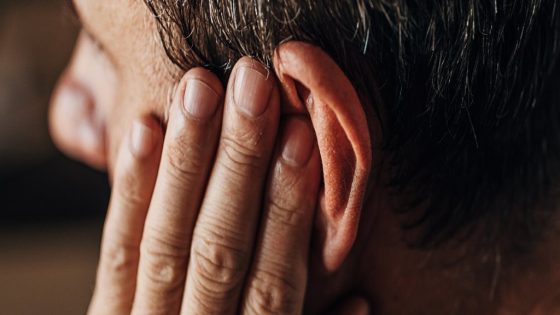Tinnitus affects about 15 percent of the world’s population, causing individuals to hear sounds like ringing or buzzing without any external source. This condition is often linked to hearing loss and can have profound effects on mental health, leading to stress and depression. As of June 28, 2025, there is no known cure for tinnitus, making effective management crucial for millions worldwide.
- 15% of the global population has tinnitus.
- Tinnitus can lead to stress and depression.
- No current cure exists for tinnitus.
- Sleep disturbances are common in tinnitus patients.
- Deep sleep may suppress tinnitus symptoms.
- Research could lead to new treatment methods.
Recent research suggests a significant connection between sleep and tinnitus. Understanding how sleep impacts this condition could pave the way for new treatment options. Could improving sleep quality help alleviate tinnitus symptoms?
Many individuals with tinnitus experience disrupted sleep patterns, which can exacerbate their condition. This raises an important question: how can we leverage sleep to improve tinnitus management? Research indicates that certain sleep stages, particularly slow-wave sleep, might play a role in mitigating tinnitus intensity. Consider these recommendations:
- Prioritize a consistent sleep schedule.
- Avoid stimulants like caffeine before bedtime.
- Incorporate relaxation techniques to improve sleep quality.
- Consult a healthcare provider for tailored sleep strategies.
As research progresses, it’s vital for individuals suffering from tinnitus to explore sleep improvements as a potential avenue for relief. Staying informed and proactive can lead to better health outcomes.

















![[Adobe Stock]](https://news.faharas.net/wp-content/uploads/2025/07/Ketogenic-Diet-Boosts-Brain-Blood-Flow-by-22-and-BDNF-230x129.jpg)















